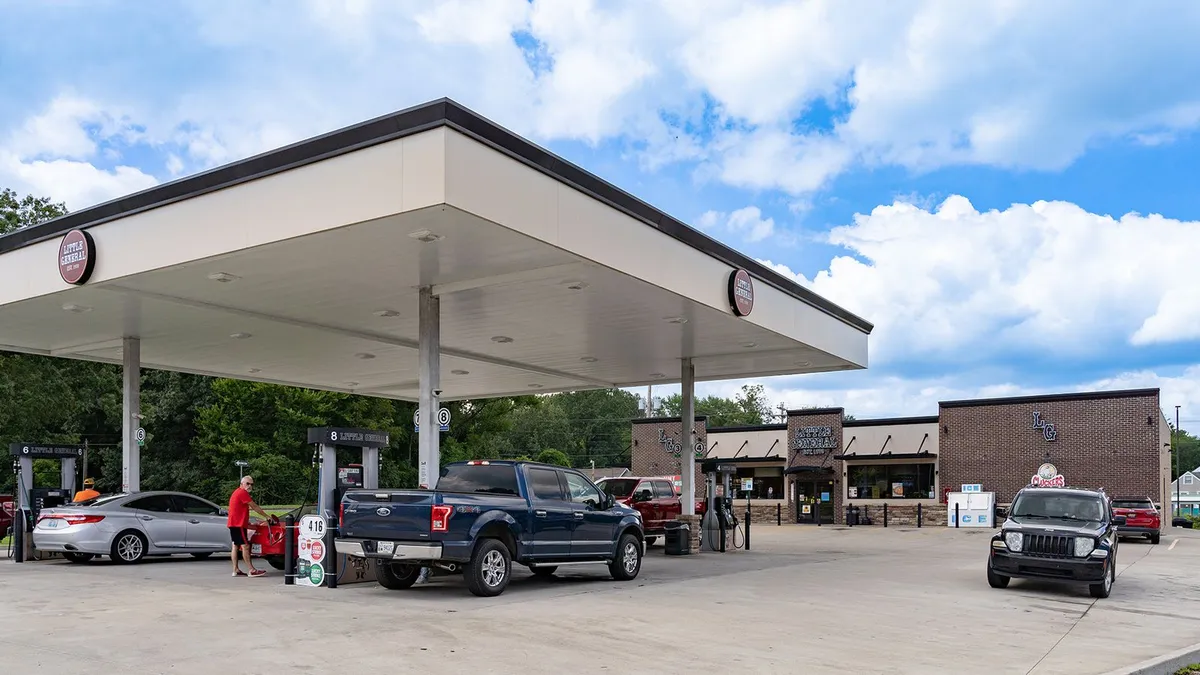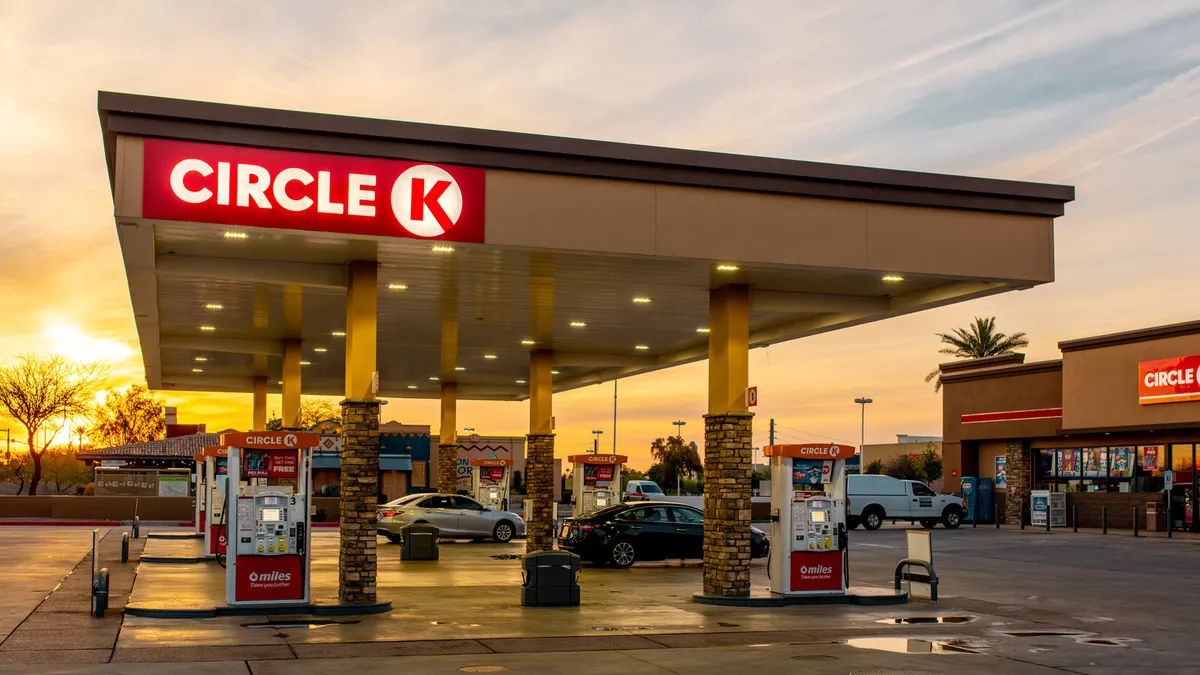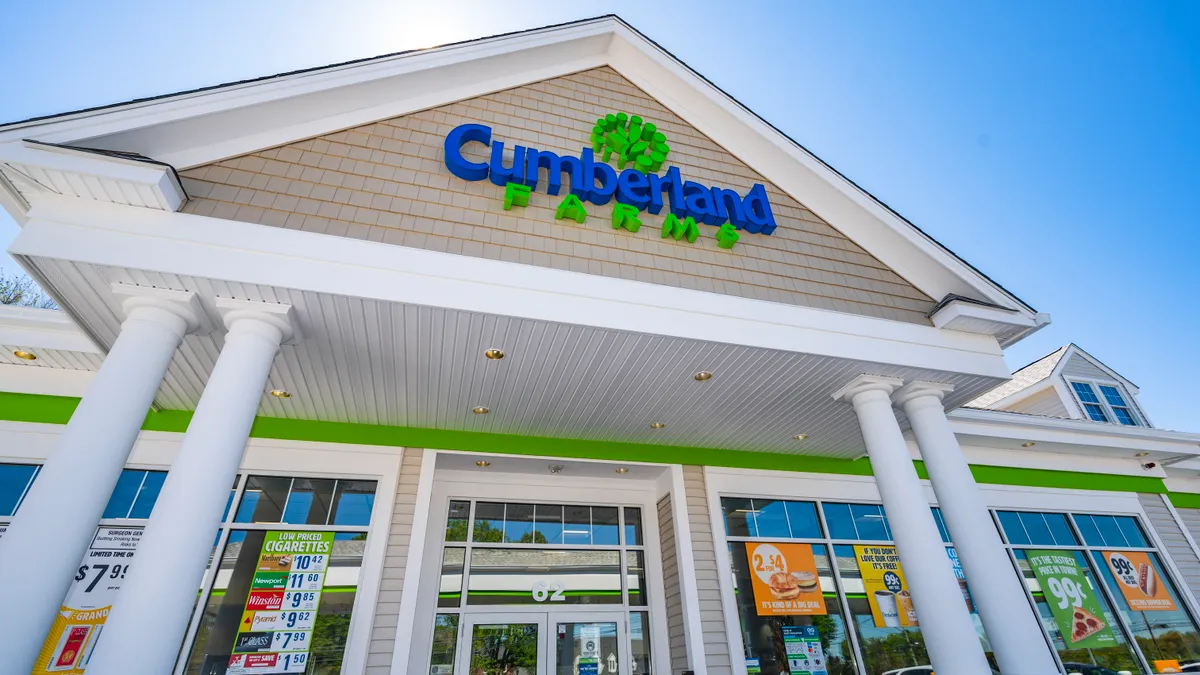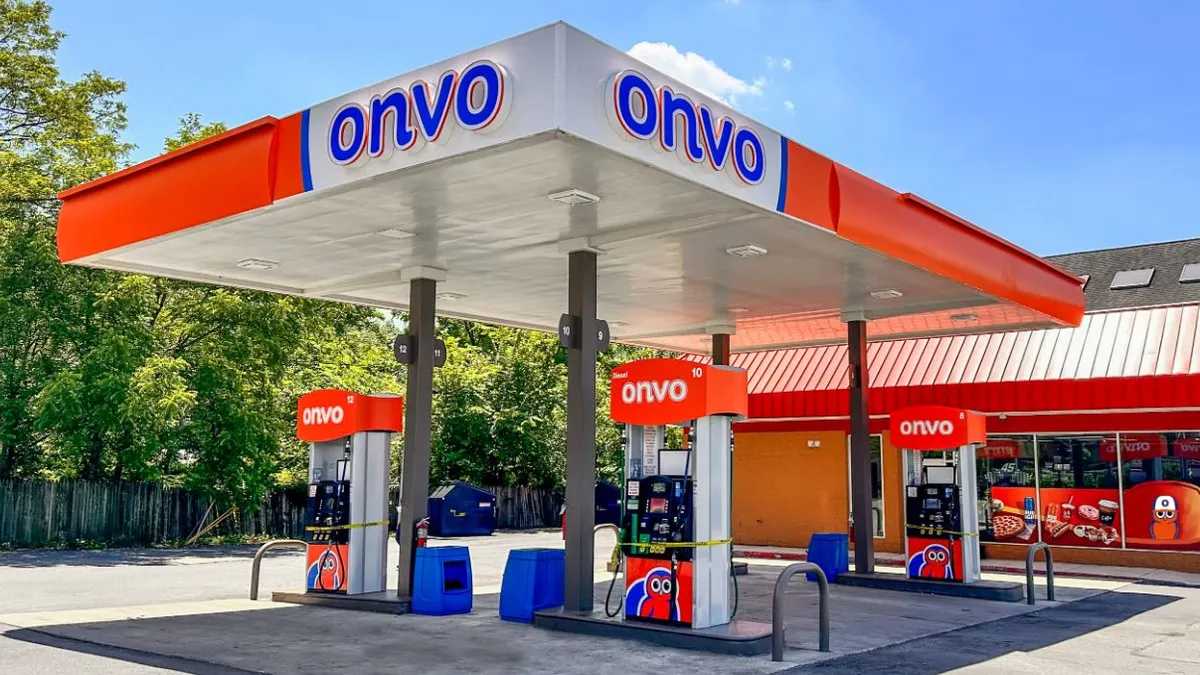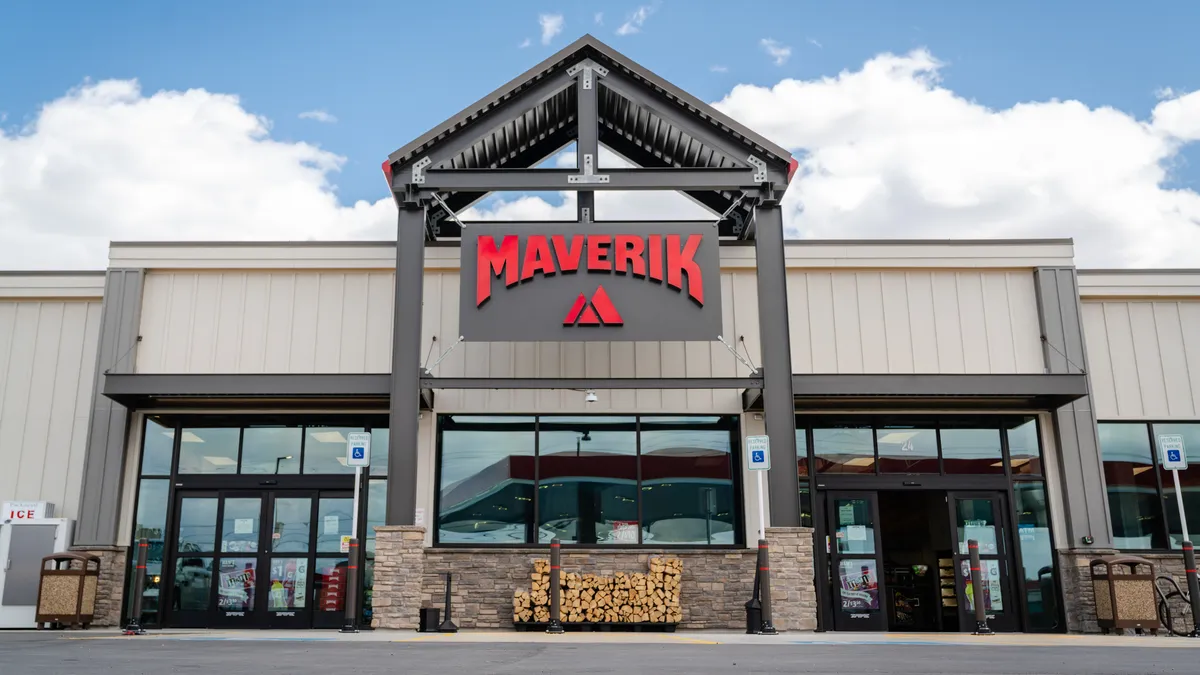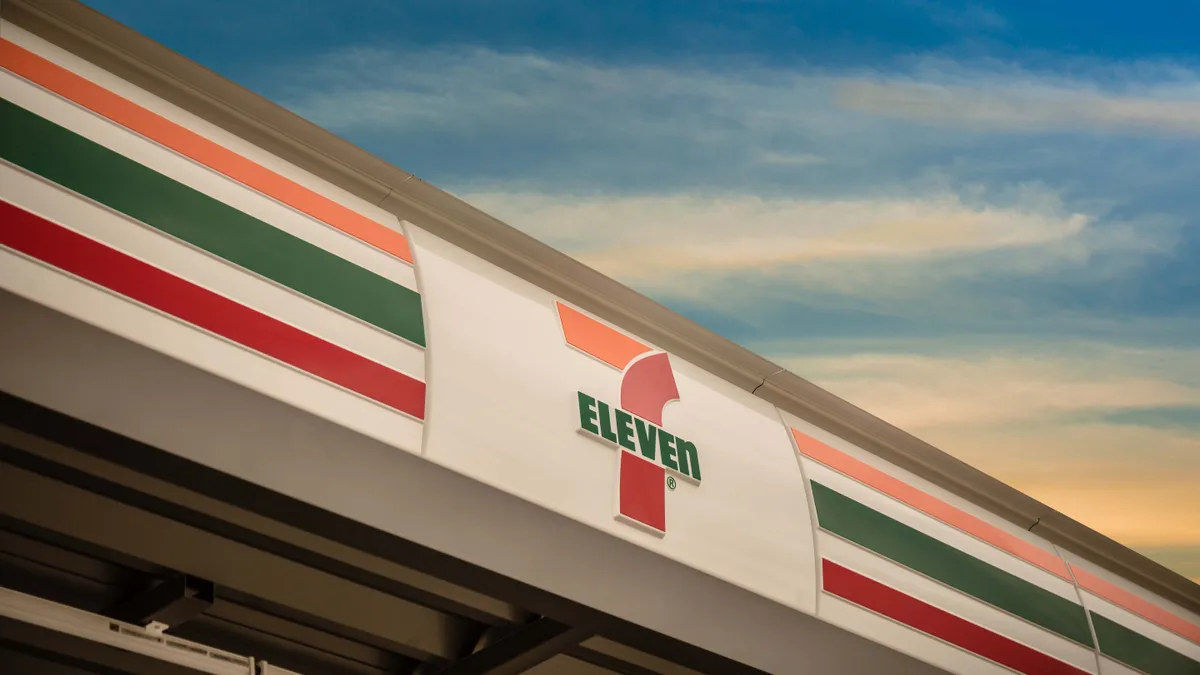This story is part of a series on key trends that will affect c-stores in 2024.
If anyone thought mergers and acquisitions in and around the c-store industry would slow down in 2024, 7-Eleven’s early January acquisition of 204 Sunoco locations shattered that sentiment.
Although M&A is expected to continue this year as the industry remains extremely fragmented, multiple experts believe fewer deals will focus on major players and more will instead come from small and midsize family-owned operators.
Last year saw several of these types of deals, including Tri Star Energy’s acquisition of Cox Oil, Offen Petroleum’s purchase of Douglass Distributing and Par Mar Oil’s buyout of Santmyer Companies.
“There still remains a large number of chains out there in the 10 to 100 store range that, depending on what their long-term strategy is — especially if they’re family-owned businesses — may decide that they want to get out,” said Rob Gallo, chief strategy officer for c-store consultancy Impact 21.
Many family-owned retailers are now in their third or fourth — or in the case of Rutter’s, 10th — generation. With the M&A market busier than it’s been in years past, owners are looking at the next generation and hoping their children or other family members want to stay in the industry.
However, it turns out that many of these people aren’t interested, said Jeff Lenard, vice president of strategic industry initiatives for NACS.
“I don’t see the same passion there,” Lenard said, regarding younger generations of families that own c-stores. “There’s a difference between being a founder and being a third-generation [owner].”
Ownership challenges
Competition with the major players in the industry such as 7-Eleven, Casey’s General Stores and Alimentation Couche-Tard is a key reason for the spike in family-owned c-store retailers selling their businesses, multiple experts noted.
All c-store retailers have been hit with inflation, labor shortages, the shift to electric vehicles and other challenges in recent years. However, smaller operators face a lack of resources and economies of scale compared to bigger players.
“It’s just more difficult to manage the chain if you're a small operator compared to the big guys, especially with the consolidation going on across the country and in many cases, in their backyards,” said Jesse Betzner, senior director for Capstone Partners, an investment banking and M&A advisory firm.
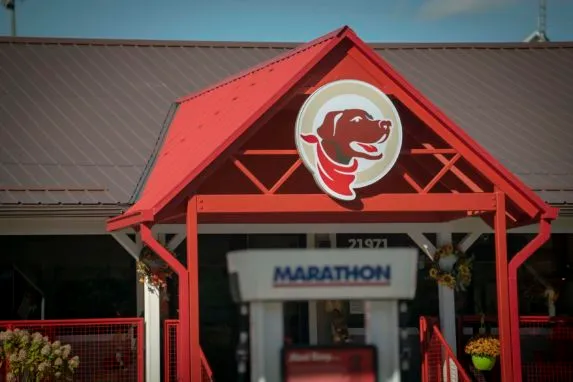
Although Betzner has worked with retailers where the younger generation embraces these challenges and wants to take the reins at their family’s company, most of the time they’re looking to leave the industry, he noted.
“By and large, I think that the impact of this increasing competition is leading the younger generation to shy away from wanting to run the chains, and leading the older generation more towards the conclusion of selling,” Betzner said.
Generational differences
Beyond the competition with major chains, the increase in family-owned retailers selling could be due to evolving societal standards, multiple experts noted.
Younger generations view their career paths much differently than their parents and grandparents did, said Dennis Ruben, executive managing director for M&A advisory firm NRC Realty & Capital Advisors.
Ruben, whose firm facilitated both the Cox Oil and Offen Petroleum deals last year, said he’s noticed this in many cases where family-owned retailers sold their businesses. In the Offen-Douglass deal, 87-year-old owner Bill Douglass has two children who worked in the business he could have passed it on to, but both decided to move on, Ruben said.
“There was much more sentiment of kids going into the family business probably a generation ago than there is today, and I think that has a lot to do with mobility,” Ruben said. “A generation ago, a lot of people just had one job or two jobs in their career. In the current generation, it's not uncommon for younger people to end up going through six or seven jobs.”
Ruben also noted that an increased emphasis on education over the decades has contributed to this shift, with many children and grandchildren of c-store founders becoming doctors, lawyers or pursuing other professions that require higher degrees.
“People have decided to gravitate toward other careers and have been a little less motivated to go into the family business,” he said.
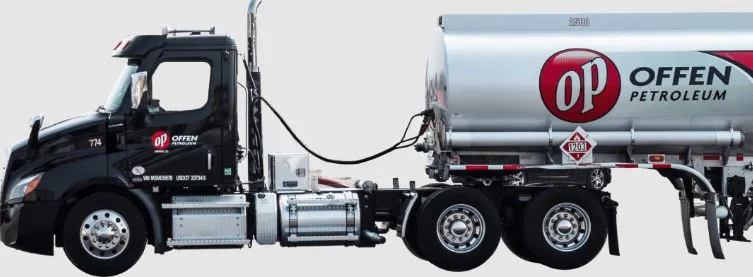
Betzner agreed, noting that although younger generations aren’t any less ambitious than those before them, today’s focus on flexible work schedules could also be swaying them from wanting to take over their families’ stores.
“The c-store business is a little bit incongruent with this new philosophy among the younger generation of wanting to work remotely or wanting to work four days a week,” Betzner said. “These are brick and mortar locations — it’s not like you’re running a software company.”
In the hands of future generations
With c-store consolidation not seemingly slowing down anytime soon, Ruben foresees family-owned retailers in the 10 to 100 store range continuing to sell their businesses at a rapid clip.
“Either they don't have kids that are in the business, they don't have kids at all, or they don't have kids that want to stay in the business,” Ruben said. “So I think you're going to see those trends continue this year and beyond.”
However, for the family-owned retailers who do plan on passing down ownership to the next generation, now is an “interesting time for the younger generation to be involved,” Betzner said.
He noted that younger generations are more in tune with technology than their parents and grandparents ever were. With tech innovations a growing priority for the industry, younger generations in c-store leadership positions have an opportunity to evolve their companies’ mobile apps, loyalty programs and other tech elements.
“There's an opportunity for them to step in there and also be a pioneer in helping drive this industry forward for the next generation,” Betzner said
Correction: A previous version of this article misspelled Dennis Ruben’s last name.



